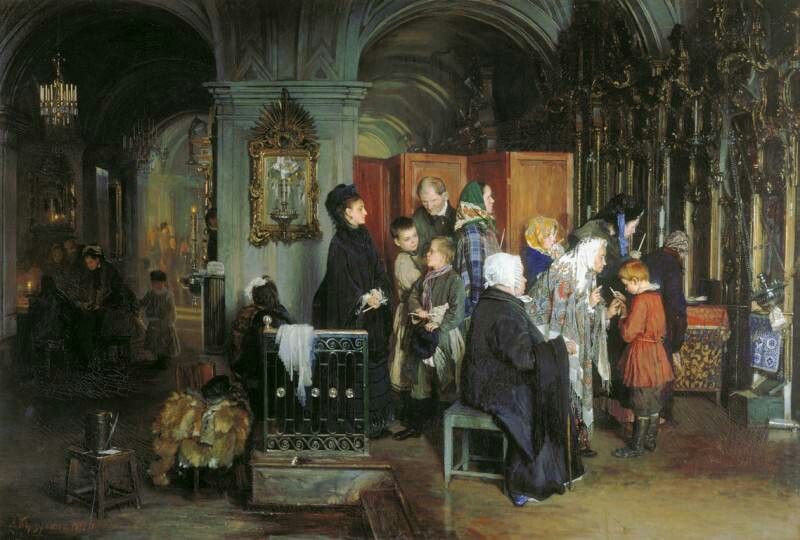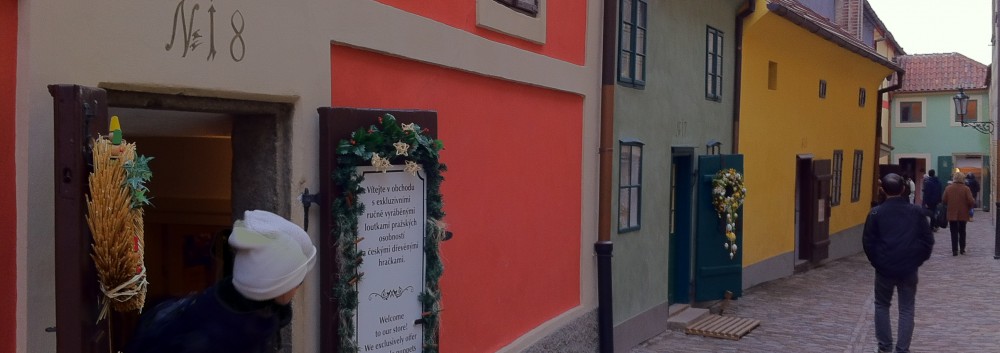
For even if I saddened you by my letter, I do not regret writing it. Even if I did regret it–because it saddened you for a brief time–I now rejoice, not because you were dad but because your sadness led you to repent. You were saddened according to God so that you did not suffer damage from us. Sadness according to God produces repentance without regrets and leads to salvation; the sadness of the world, however, produces death. (2 Cor. 7:8-10)
St. Paul tells his readers in Corinth that he did not intend to make them sad or depressed but he is glad that their sorrow–depression?–led them to repent and correct themselves. Their sorrow proved to be life-giving; secular sorrow and depression leads the other way and results in death … metaphorical death if not literal death. Certainly, spiritual and emotional death. The sadness he provoked in the Corinthians was a good thing, finally. It was, as Fr. Alexander Schmemann calls it, a “bright sadness.”
The person who is sad with a Godly sorrow repents for his sins; sorrow because of one’s iniquity produces justice. First, let what you are displease you so that you may be able to become what you want to be …. Will you, my brethren, ever find dung in a pile of sifted wheat or flour? Nevertheless, the wheat or flour is beautiful because of the dung; the foulness was the path to a beautiful result.
St. Augustine of Hippo, Easter Sermon 254.2
Sin gave birth to pain; pain destroys sin. Just as a worm is born by a tree consumes the very same tree, likewise pain, which is born of sin, kills sin when it is supplied by repentance …. Pain is good for those who repent sincerely. Mourn for the sin so that you do not lament the punishment.
St. John Chrysostom, Homily on Repentance and Compunction 7.6.19
Sometimes we are not patient enough to see the good thing that results from a painful–or at least, uncomfortable–process. We want results RIGHT NOW and we don’t want it to hurt in the process. But we live in time and everything we do is a process. Time–and pain–are the gift and opportunity we have to set right what we got wrong before. As Fr. Jay Smith–who serves the Church of St. Mary the Virgin Times Square–wrote recently, the ashes we are smudged with on Ash Wednesday are precisely that: reminders that we live in time and that we have a limited time to get our relationships with God and our neighbors set right. Death is coming for all of us and although death is not the end, it is a definite change in our circumstances and we can’t postpone our repentance to when our circumstances change. We have to take advantage of the time we have now. Even if it hurts–like taking a bandage off a wound that is healing but needs exposure to the air to finish the healing process.
See more about Bright Sadness here.
